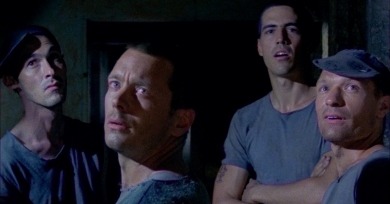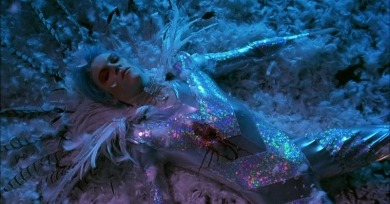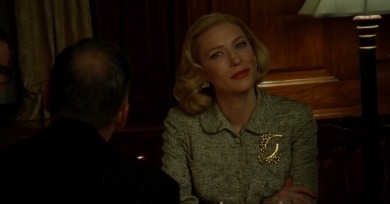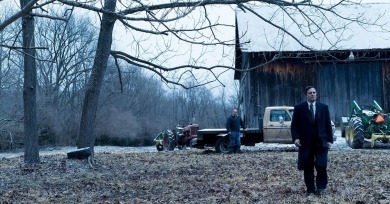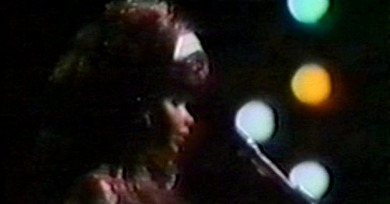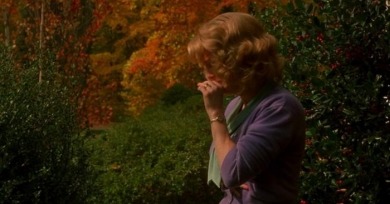Todd Haynes
Reverse Shot's complete coverage of the feature film output of the great American filmmaker.
Haynes is doing something extraordinarily delicate and difficult in May December, reminding viewers, with the lightest of touches, that we are all implicated and indulgent in the processes of social, cultural, and sexual exploitation that define the modern consciousness.
Transgression was the key to their sonic palette, driven by the collision of Cale’s sustained minimalism with Reed’s earthy lyricism on pain and desire.
Despite the brouhaha it caused upon its premiere, the film cannot and should not be reduced to the sensation around it. What’s most radical about it remains intact all these decades later: its aesthetic ambition and its willingness to plunge viewers into a conceptual gambit left completely up to us to decode.
It was a film for peers of mine whose burgeoning selfhoods hinged on things more consequential than cinephilia. But watching the film now, I am newly surprised by how grounded I feel in the everyday world it transcends.
Haynes is a brilliant, sometimes cerebral filmmaker who can nevertheless make us feel to our core the desperate isolation and the constant threat to the self that society imposes on those it casts in the role of Other.
Dark Waters is at once a legal thriller, an environmental disaster movie, and a dramatized historical document of a region, spanning decades, from the atomic age to present. On its face, such a project, set primarily in corporate offices, might seem an unlikely fit for Todd Haynes.
Superstar, by design, is not something you fondly recall; like Safe, it’s a film that uses a literal disease as cover for something less medically diagnosable—a social rot so deeply entrenched that there may be no cure.
Here, queerness is not figured along the lines of sexual orientation or gender identity so much as the otherness that comes with being differently abled and, even more immediately, with a sense of loss.
The couch doesn’t match her house, which is to say it doesn’t match her: pale, delicate, and self-effacing to the point that she practically disappears into the drapery.
The type of succinct visual storytelling that marks Hollywood’s greatest output, from Sunrise to Vertigo to The Tree of Life, is not the purview of television; movies, however far we think they’ve fallen this week, exist in their own realm.
At this point in his career, Haynes has transcended the queer ghetto and connected with broad, diverse audiences who approach his cinema from a multiplicity of perspectives and for whom Haynes’s biography matters less than their own in determining how they understand and appreciate his movies.
Those hoping that I’m Not There, with its splintered Dylans encompassing different portions of the man’s career, is the ur-text that will provide a greatest hits of a life (like a Ray or Walk the Line) will be sorely disappointed with Haynes’s more ambitious project.


